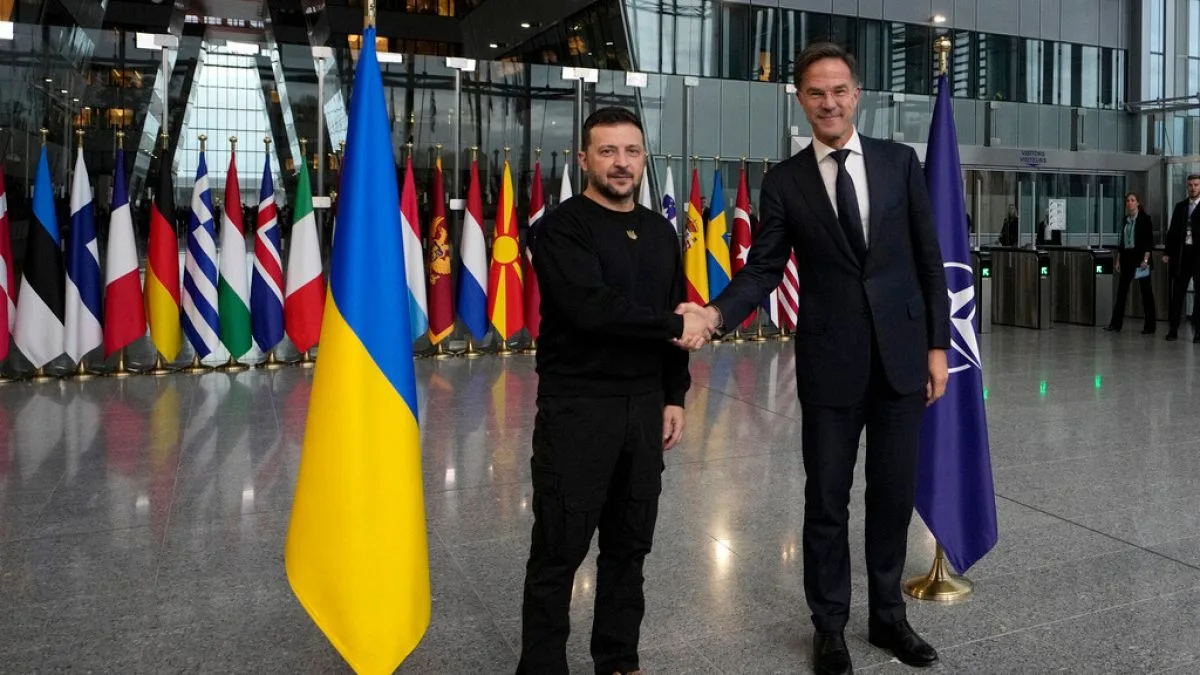The recent Italian legislation imposing restrictions on overseas travel for surrogacy services marks a significant shift, making it particularly challenging for LGBTQ individuals seeking to start families. However, Italy is not an isolated case; same-sex couples throughout Europe are encountering similar barriers in family planning.
This restrictive stance on surrogacy in Italy is part of a broader trend. Many European nations either prohibit surrogacy completely or impose stringent regulations regarding citizenship, compensation, and the relationship status of the intended parents.
Consequently, some couples have turned to other countries for surrogacy options, where a surrogate mother carries and delivers a child on behalf of another individual or couple. Yet, several European countries are also attempting to limit overseas surrogacy travel.
For instance, in France, where surrogacy is banned, the government initially tried to deter citizens from seeking surrogacy services abroad, such as in the U.S., by refusing to recognize the parentage of children born via surrogates. However, this policy was deemed unlawful by the European Courts in 2014.
Italy’s recently enacted law, which builds upon a 2004 ban on surrogacy, is considered more stringent than comparable laws in other countries. Proponents of the law argue that it serves to protect women from exploitation; however, critics argue it disproportionately affects same-sex couples, particularly gay men.
Katrin Hugendubel, advocacy director at ILGA-Europe, expressed concern that while the law impacts all families, it intensifies the ‘chilling effect’ on Italy’s LGBTQ community. She noted that it may foster greater social stigma and legal ambiguity, particularly following the Italian government’s directive last year to halt the registration of same-sex parents’ children.
A representative from Fertility Europe, a collective for patient organizations, cautioned against the notion that simply banning surrogacy would eliminate the need for it. Instead, it merely pushes intended parents toward potentially risky alternatives fraught with ethical dilemmas.
In addition to Italy’s actions, other countries in Europe maintain various restrictions on adoption, fertility treatments, and surrogacy for same-sex couples, often depending on whether their relationships are legally recognized.
To illustrate the situation across Europe, a recent analysis from ILGA-Europe reveals that LGBTQ individuals can legally apply for joint adoption in 23 countries, granting two non-biological parents legal recognition as the child’s guardians. Furthermore, artificial insemination is accessible to single individuals in 26 countries and to couples in 17, regardless of sexual orientation or gender identity.
However, the environment remains perilous in certain regions of Europe for those wishing to express their same-sex relationships publicly. Dr. Meryam Schouler-Ocak, a psychiatrist at the Psychiatric University Clinic of Charite at St. Hedwig Hospital Berlin and a chair of the European Institute of Women’s Health, remarked, “In some areas, it can be very dangerous to show in public that you have a same-sex partner.” She highlighted that these issues stem not only from legislation but also from public sentiment, cultural traditions, and religious influences, creating a varied landscape of acceptance.
As the debate surrounding surrogacy and family planning for LGBTQ couples continues, it is clear that the road ahead will be complicated, with significant implications for family structures across Europe.
Below is a map that illustrates the family planning policies affecting LGBTQ individuals and same-sex couples in different European countries.
Photo credit & article inspired by: Euronews



